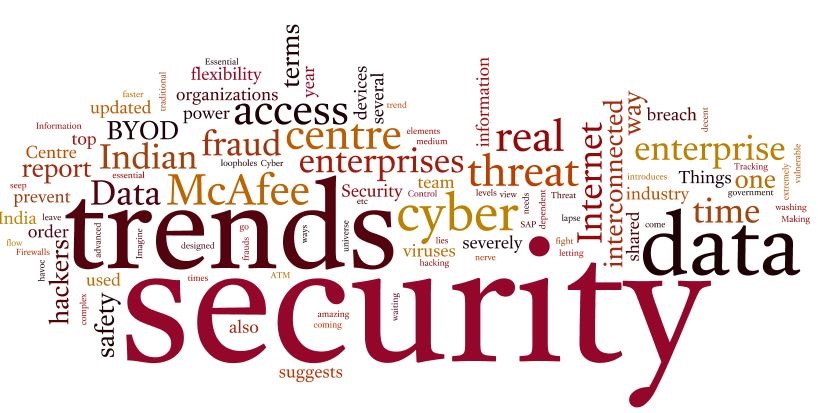Will user data sharing ever be as safe as we want?
Data privacy and security is one of the most pressing issues facing tech startups. What is the future?

Presently, there has been a global debate and concern regarding the safety and security of user data collected on various apps and services on the internet. With more and more customer products and services going online and the internet of things making its presence felt, it has become near impossible to avoid sharing personal information online. Whether it
is online shopping, banking or chatting – we are sharing our personal data with developers and service providers.
App developers are facing intense scrutiny from their clients because of this uncertainty around data security. When social media giant Facebook gets involved in an incidence regarding a massive data leak affecting 87 million users, shared with a British data analytics company Cambridge Analytica, it is natural for users to lose sleep on this topic.
Consequently, developers are being asked by their clients if their apps conform to user permission norms before they collect any of the user’s data.
Convincing the Customer
If there is any way to make users comfortable, then it lies in educating users about the processes that companies use for collecting data through apps. They also need to educate the customers about the meaning of the permissions that apps seek from the users.
Developers need to work on improving the quality of the consent collection process. They might need to insert more details rather than just taking consent through an ‘ok’ or a ‘submit’ button. For example, at the time of taking consent, they could inform the customer about why they are asking for the information and where it may be used. In essence, this
means that sharing the purpose and intent of information collection will be the key to make users feel assured that their data is safe.
It may also become important to rope in experts who test the security features of these apps at the time of development of the apps. This will ensure that security remains a priority right from the beginning.
Prioritise Data Security Over Everything Else
One of the main reasons of the concerns regarding data security breach is that the customer cannot get to trust an open ecosystem full of all kinds of apps and companies. Trust building starts from the owners of apps, online services and other social media properties itself.
Related: Simple Steps To Keep All Your Personal Data Safe On Facebook!
Recently, social media network Voxweb declared that they have stopped collecting any kind of user information at their end. The information earlier collected ranged from call logs, location information, user preferences, chats and user activities on the platform.
This is inherently a trust building measure. Keeping in mind that information collection is merely an
activity built in for understanding customer preferences, it is not an indispensable feature.
Popular chat messenger WhatsApp recently promised full encryption of their chats and call logs. WhatsApp has around 1 billion users worldwide and such a security measure from them brings encryption into a mainstream discussion.
It is no more a topic for the tech geeks. The most important part of this news is that it does not require any effort on the
users’ side to protect their data. This means that going forward 1 billion users will be able to call, send messages and update status in a fully encrypted manner. Encryption makes it very difficult for anyone to read a message.
It may not be an easy job to bring data security to the internet due to a large variety of rogue apps as well the requirement of the authorities wanting control over communication logs. For example, when police and law and order agencies require call logs and location details of a person suspected of a crime; without access, they will not be able to track
suspects.
The path to data security might not be simple, but data sharing can definitely be made safer than it is now.
This is an exclusive guest post by Amit Dua – CoFounder and CEO at Signity Solutions and ValueAppz.
